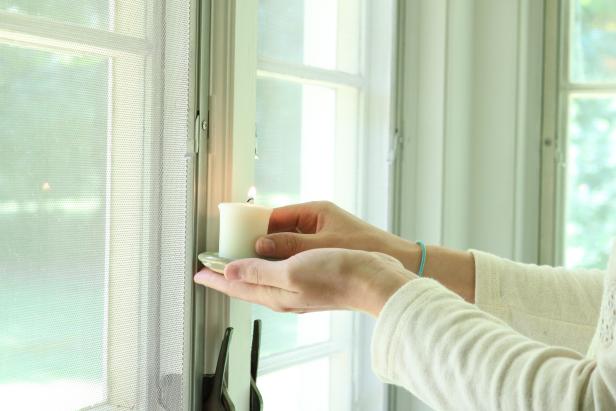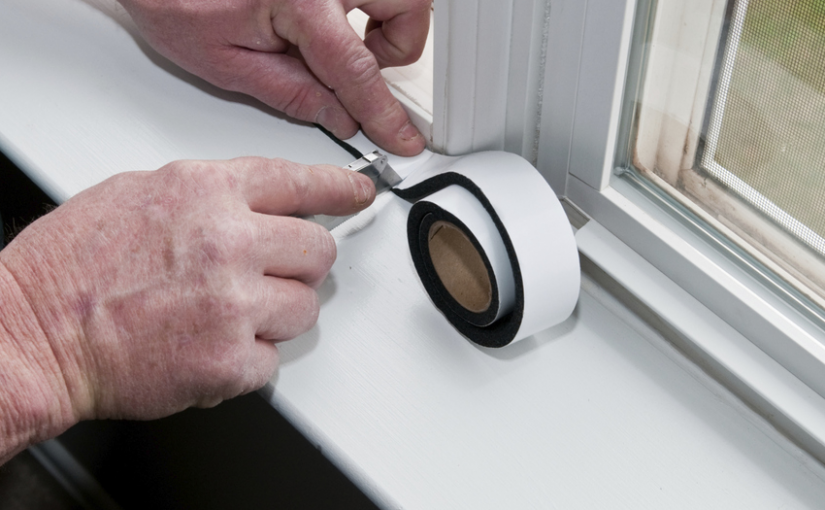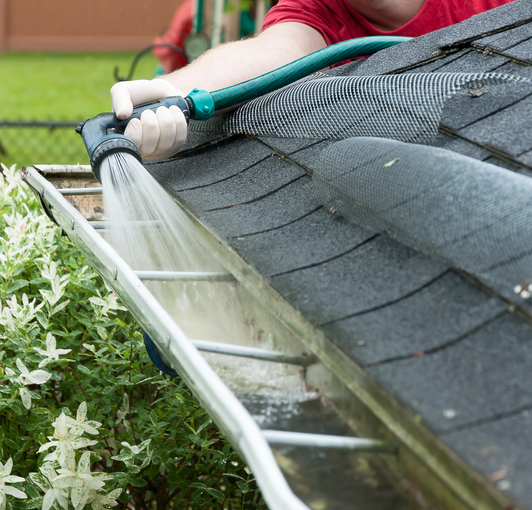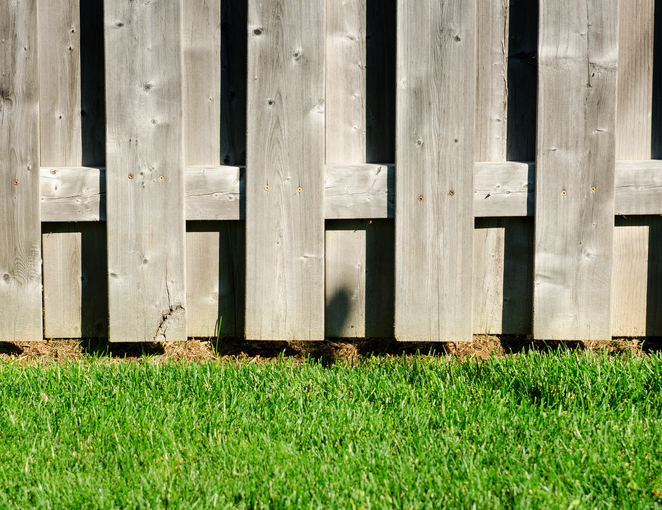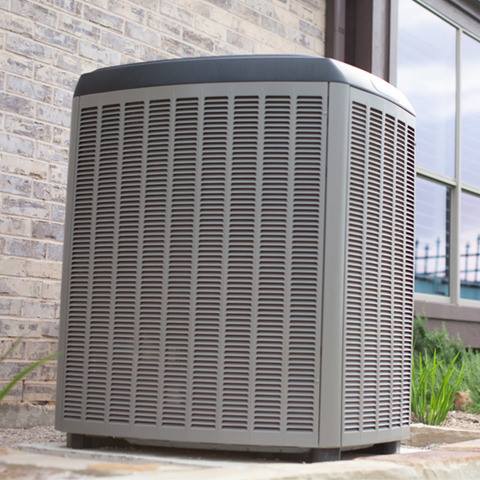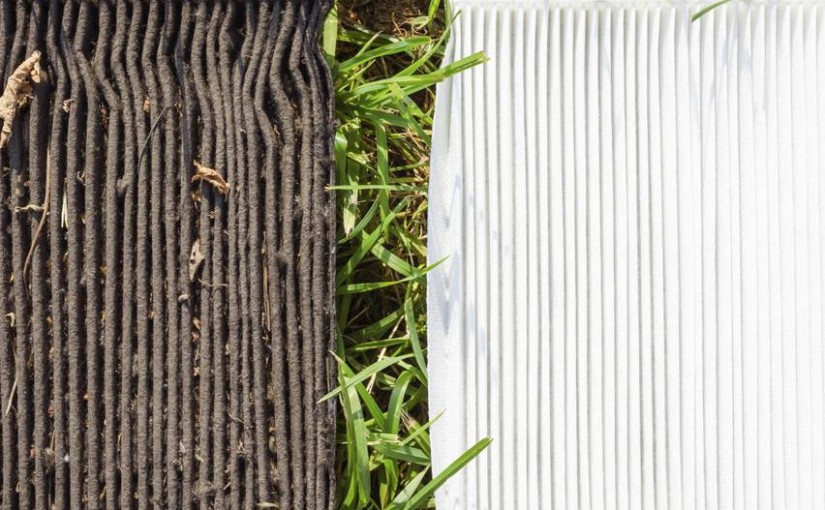Your heating, ventilation and cooling system is integral to your comfort, whether at home or in your place of work. To ensure this comfort is sustained, you should take every necessary step to ensure that you keep your HVAC system working all year round.
The benefits are incredibly long term. If your air conditioning system is maintained it can last for ten to fifteen years, while your heating can give you twenty to twenty-five years of quality service. This means lower cost of maintenance and the absence of major costs in case of a breakdown. However, getting the best deal off your HVAC system is not an overnight thing; you have to be deliberate about it.
You shouldn’t wait for something to go wrong before you schedule a maintenance visit. Anticipating problems and nipping them in the bud is one sure way to make sure that you get the best value out of your HVAC system for years to come.
In this article, we examine how you can ensure that your HVAC delivers the best value for years and the benefits of it.
Get an expert
While there are a lot of routine maintenance tasks that you can do on your own, some will require the input of a professional. An experienced technician will be sure to check loose connections, ensure your thermostat is working well, lubricate parts, and check system controls.
Nothing beats efficiency
A well-maintained HVAC system will perform at an optimum level of efficiency. Without regular maintenance, you might still have a working system but it is delivering poor value and is severely less efficient. Your system might keep cooling or heating but the strain on its internal workings means that it is consuming much more energy to perform at that level. The end result is a massive energy bill at the end of the month that leaves you scratching your head.
Comfort
There is nothing worse than your heating system breaking down right in the middle of winter or your cooling system leaving you stranded on one of the hottest days of the year. At those times, you would give almost anything to have it up and running. The key to ensuring comfort when you need it the most is to pre-empt it and ensure that you have your heating or cooling system running smoothly as you enter the appropriate season.
Safety
Proper maintenance does not only guarantee cost-effectiveness and comfort, it can also be the difference between you and a major hazard in your home. When your heating or cooling system is not properly maintained for a long while, it can quickly lead to problems that can affect you and your home. From short-circuiting to electrocution and air poisoning, the risks are much too high to compromise on maintenance.


